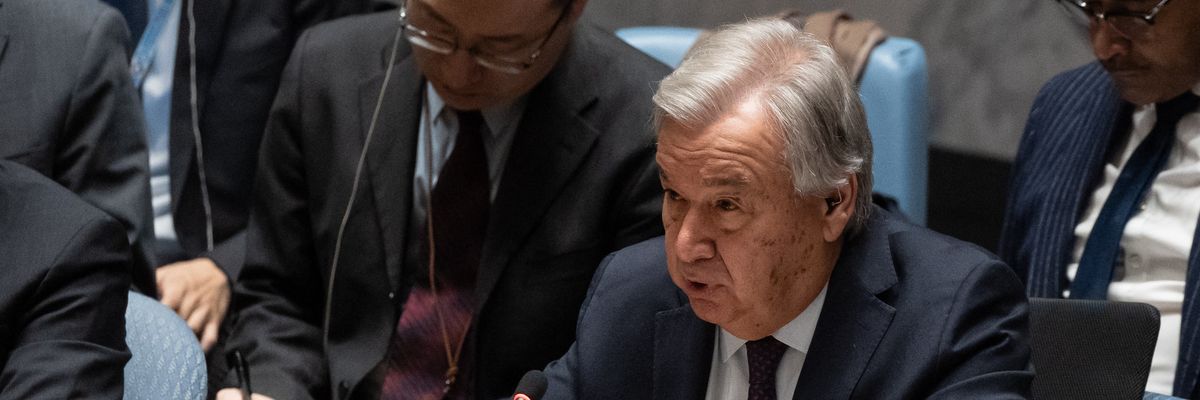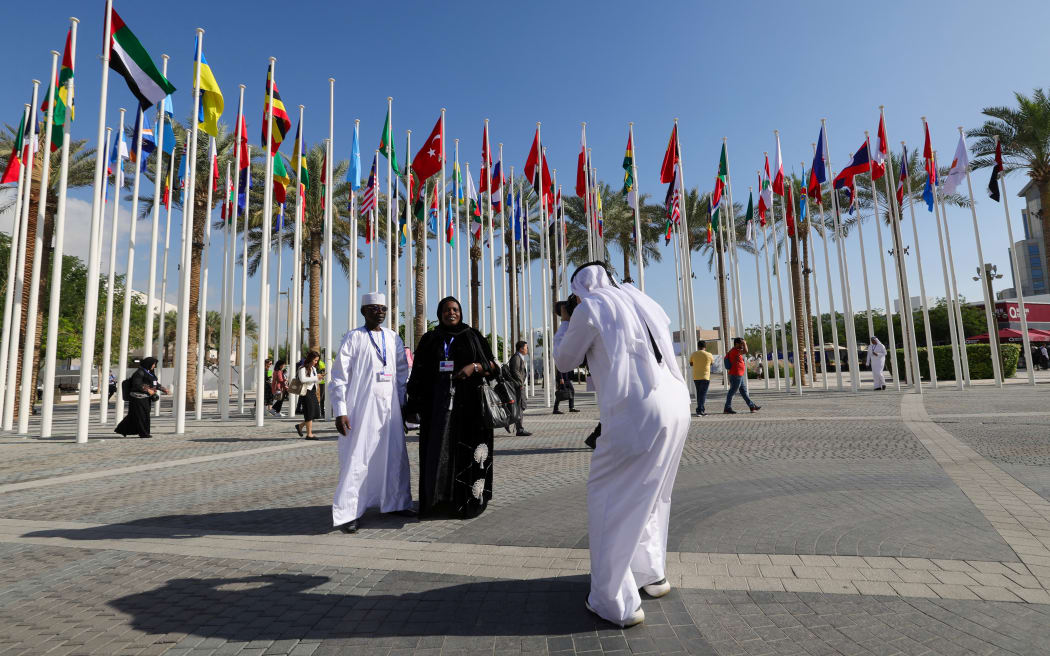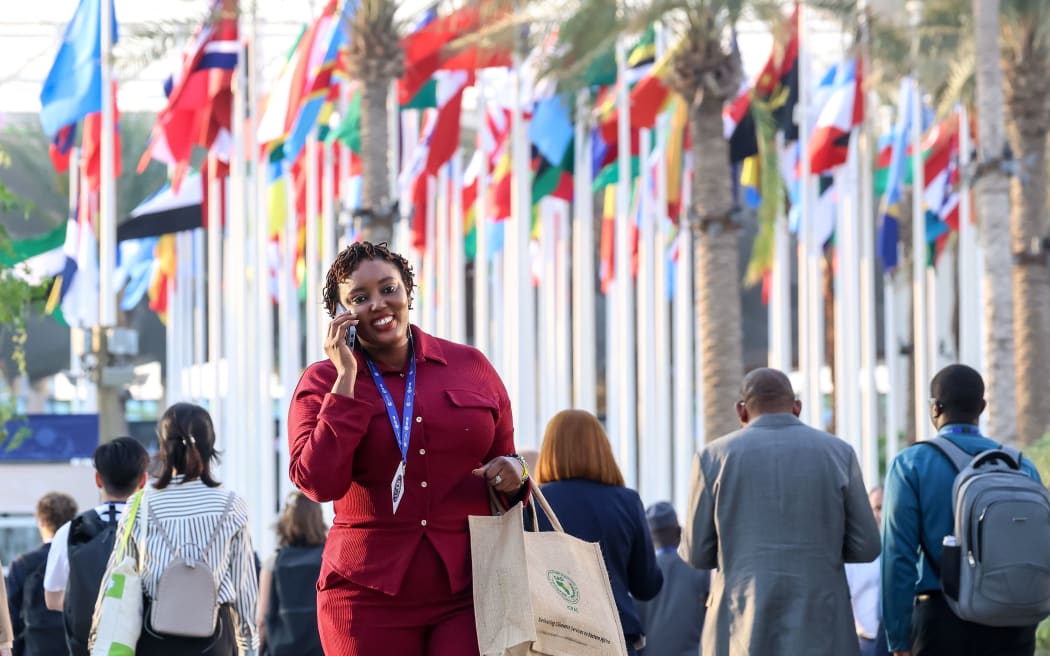"The U.S. veto makes it complicit in the carnage in Gaza," said the executive director of Doctors Without Borders.

United Nations Secretary-General António Guterres speaks during a Security Council meeting on Gaza at UN headquarters in New York City on December 8, 2023.
(Photo: Yuki Iwamura/AFP via Getty Images)
JAKE JOHNSON
Dec 11, 2023
The United Nations General Assembly is expected to vote Tuesday on a Gaza cease-fire resolution after the United States used its veto power late last week to tank a similar measure put before the U.N. Security Council, a move that drew international outrage and condemnation.
Following the U.S. veto on Friday, U.N. Secretary-General António Guterres said he "will not give up" in his push for a cease-fire in the Gaza Strip as the territory's humanitarian crisis continues to spiral out of control, with the head of the World Health Organization (WHO) warning that conditions created by Israel's siege and near-constant bombing have made it "almost impossible" to respond sufficiently to the emergency.
"Without a cease-fire, there is no peace," WHO Director-General Tedros Adhanom Ghebreyesus said Sunday. "And without peace, there is no health."
In late October, the 193-member U.N. General Assembly passed a resolution calling for an immediate humanitarian truce in Gaza, with just 14 countries—including the U.S. and Israel—voting in opposition. Weeks later, Israel and Hamas agreed to a pause that lasted just seven days before Israel resumed and expanded its attack on the Palestinian territory.
After the U.S. blocked a United Arab Emirates-led cease-fire resolution at the Security Council on Friday, Egypt and Mauritania "invoked Resolution 377A (V) to call for an emergency meeting of the U.N. General Assembly (UNGA) on Tuesday," Al Jazeerareported.
"The resolution says that if the UNSC is not able to discharge its primary responsibility of maintaining global peace due to lack of unanimity, the UNGA can step in," the outlet explained.
Unlike Security Council resolutions, General Assembly measures are not legally binding—though they are seen as holding political weight.
The draft resolution expected to come to a vote during Tuesday's emergency UNGA session expresses "grave concern over the catastrophic humanitarian situation in the Gaza Strip" and demands "an immediate humanitarian cease-fire" as well as the "immediate and unconditional release of all hostages"—language that closely resembles the measure that the U.S. vetoed.
Linda Thomas-Greenfield, the U.S. ambassador to the U.N., said in an explanation of the veto that the resolution did not include language backed by the Biden administration that would have condemned Hamas and explicitly acknowledged Israel's right to defend itself.
Humanitarian groups responded with fury to the U.S. veto, which came as Israel—armed with American-made weaponry—ramped up its assault on southern Gaza, further imperiling displaced people and what's left of the territory's healthcare system.
Avril Benoît, executive director of Doctors Without Borders, said in a statement that the veto was a "vote against humanity."
"The U.S. veto stands in sharp contrast to the values it professes to uphold," said Benoît. "By continuing to provide diplomatic cover for the ongoing atrocities in Gaza, the U.S. is signaling that international humanitarian law can be applied selectively—and that the lives of some people matter less than the lives of others."
"The U.S. veto," Benoît added, "makes it complicit in the carnage in Gaza."
In an op-ed for Common Dreams on Monday, Columbia University professor Jeffrey Sachs—who also serves as president of the U.N. Sustainable Development Solutions Network—warned against cynicism about the U.N.'s role and purpose, writing that the international body is "currently blocked by the U.S."
"The U.N. is doing its job, building international law, sustainable development, and universal human rights, step by step, with advances and reverses, over the opposition of powerful forces, but with the arc of history on its side," Sachs wrote. "International law is a relatively new human creation, still in the works. It is difficult to achieve in the face of obstreperous imperial power, but we must pursue it."












